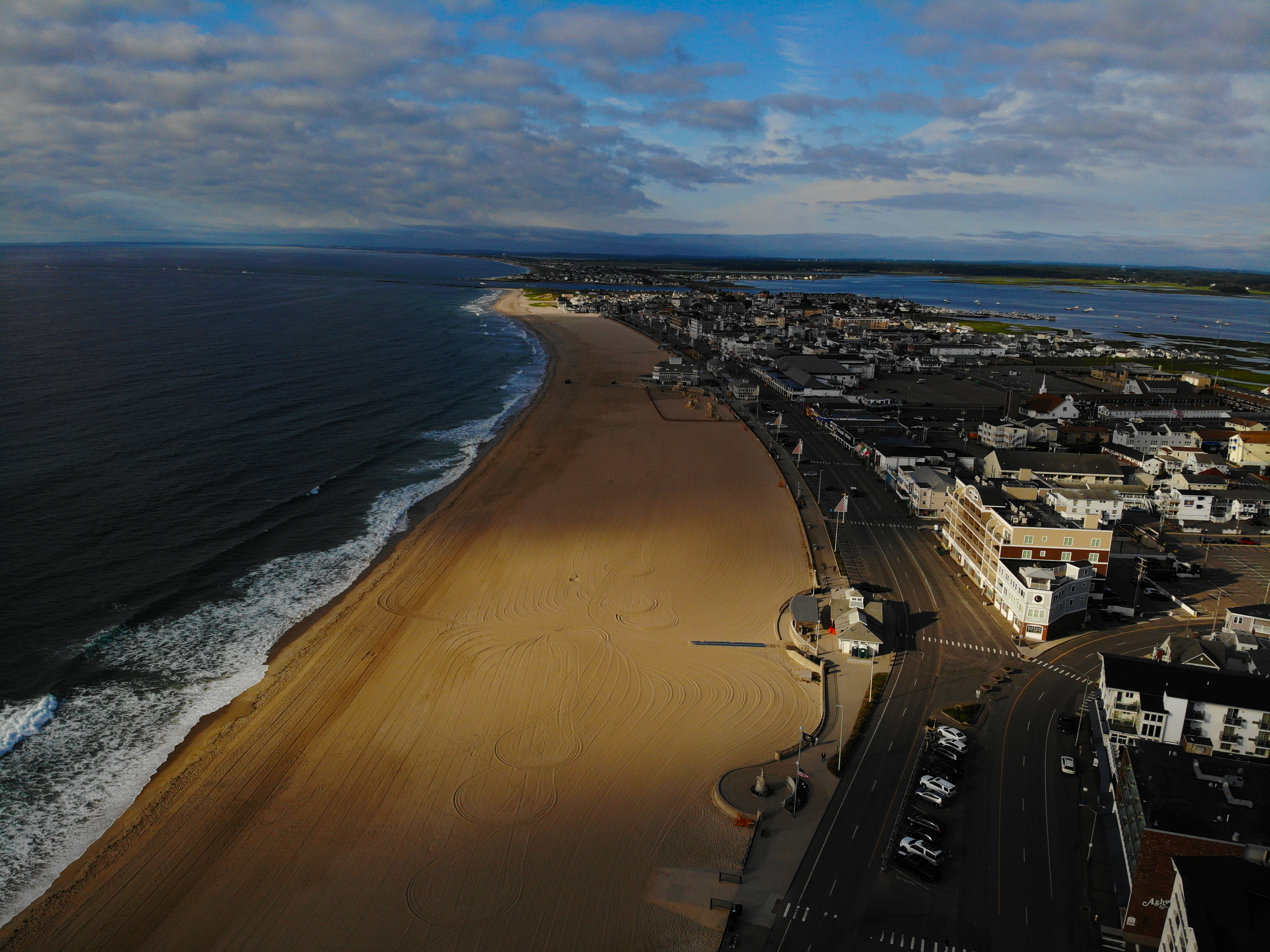States / New Hampshire
New Hampshire
Coastal Management
The focus is on managing coastal areas to increase resilience, with an emphasis on balancing environmental, economic, and human wellbeing. Mandated by the Coastal Zone Management Act, the two federal programs designed for this task are the National Coastal Zone Management Program and the National Estuarine Research Reserve System. Programs are administered, on the federal side, by NOAA’s Office for Coastal Management, in partnership with the coastal states.

State Programs
Coastal Zone Management
New Hampshire Coastal Program. The New Hampshire Department of Environmental Services leads the implementation of the state’s coastal program, which was established in 1982. The program protects clean water, restores coastal habitats, and helps make communities more resilient to flooding and other natural hazards through staff assistance and funding to 42 coastal towns and cities.
National Estuarine Research Reserves
Great Bay National Estuarine Research Reserve. Designated in 1989 and protecting 10,235 acres, this reserve is located 10 miles inland from the coast of the New Hampshire and Maine border. The reserve is a complex embayment and New Hampshire’s largest estuarine system, encompassing all of Great Bay and Little Bay, as well as the tidal portions of five major river systems: Bellamy, Oyster, Lamprey, Squamscott, and Winnicut. The Great Bay Reserve includes diverse land and water areas, such as upland forest, salt marsh, mudflats, tidal creeks, rocky intertidal, eelgrass beds, and upland field habitats. Great Bay's cultural heritage is equally diverse, from paleo-Indian villages dating to 6,000 years ago and colonial transportation and industrial use, to a proposed oil refinery in 1973 (See handout)
Impact Stories
Stories that showcase the recent work of this state's coastal management efforts.
- Implementing Living Shoreline at Wagon Hill Farm
- Improving our Coasts with High-Resolution Land Cover Data
- Northeast States Collaborate on Ocean Mapping Priorities, Garnering National Attention
- New Hampshire Towns Benefit from Tidal Crossing Flood Reduction Project
- NOAA’s “Green” Expertise Meets New Infrastructure Era
Additional Resources
*Fast Fact Sources:
People: American Community Survey Five-Year Estimates
Beaches and Estuaries: Shoreline Mileage of the United States
Employment and Economy:
Marine Economy for the Coastal U.S. States
Marine Economy for the U.S. Territories